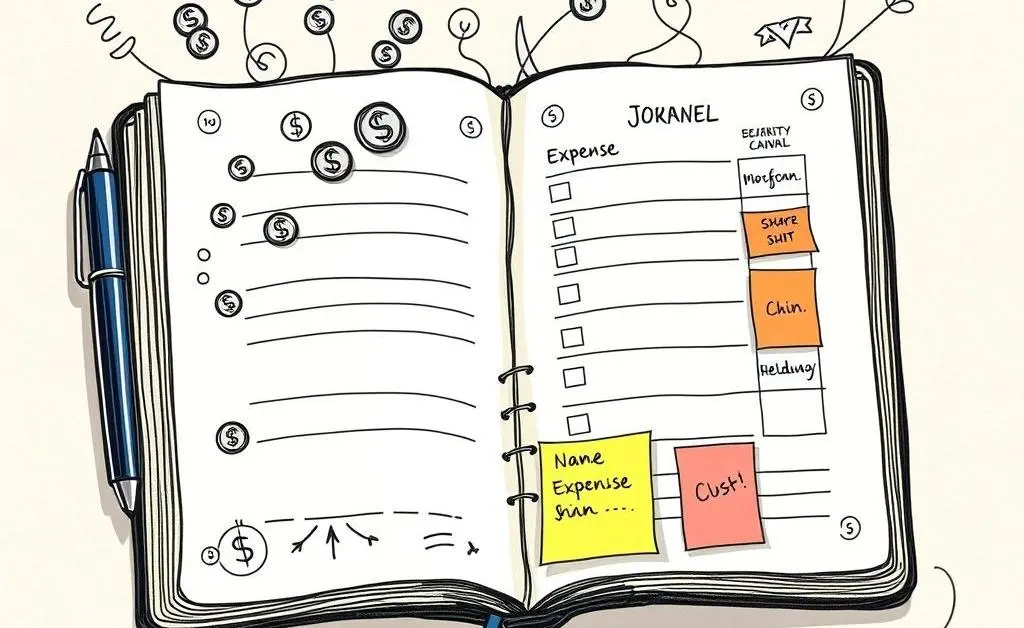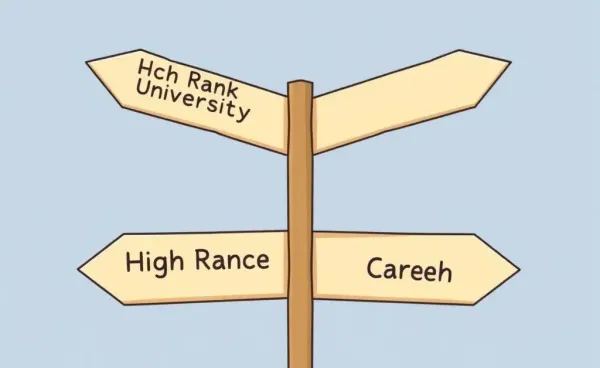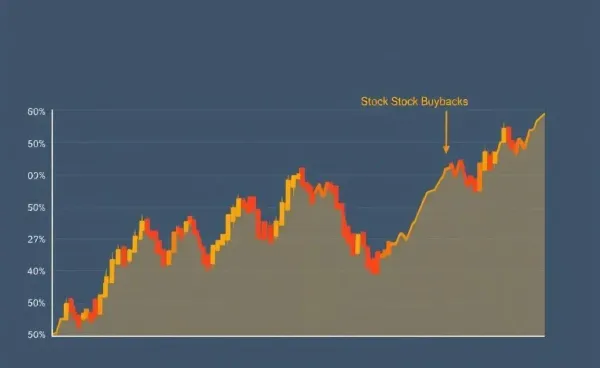How to Catch Up Financially in Your 30s Without Losing Your Mind
Feeling behind in your 30s? Here’s how to improve your financial health without the stress.

It's easy to feel behind financially, especially when you're in your 30s and see your peers seemingly moving ahead. But don't worry—you’re not alone, and there's still plenty of time to catch up. Here's how you can take charge of your finances without losing your mind.
Understanding Where You Stand
The first step is getting a clear picture of your current financial situation. This might seem daunting, but breaking it down into simple steps helps. Gather all your financial documents—bank statements, debt records, and any investment reports.
Once you have everything, calculate your net worth. This is essentially the value of what you own minus what you owe. Seeing it all laid out can be enlightening! A handy net worth calculator can simplify this process.
Setting Realistic Goals
Now that you have a firm understanding of where you stand, it’s time to set realistic financial goals. Are you aiming to pay off student loans? Save for a house? Your goals will shape your financial path.
Divide your goals into short-term and long-term. Short-term goals might be saving for a vacation, while long-term goals could include retirement planning.

Writing these down can make them more manageable.
Creating a Personalized Budget
No financial strategy is complete without a budget. A budget acts as a roadmap for where your money should go. Instead of seeing it as a restriction, think of it as a tool to help you enjoy your money responsibly.
You can start with the 50/30/20 rule: 50% of your income for needs, 30% for wants, and 20% for savings and debt repayment. Adjust these percentages according to your personal situation.

Embracing Financial Knowledge
If terms like 'index funds' or 'compound interest' confuse you, it might be time to dive into financial education. There are countless online resources and courses available. Taking time to learn can significantly boost your financial confidence.
Taking Small Steps Towards Investments
If you're not investing yet, don’t panic. Start small with what you can afford to lose. A good first step might be opening a retirement account if you haven't already. Platforms like Vanguard or Fidelity offer great tools to get started.
Remember, the key is consistency, not perfection. Even small monthly contributions can grow significantly over time thanks to the magic of compound interest.

Conclusion: Start Where You Are
Remember, it’s okay to feel behind, but don't let it paralyze you. Start with one small change and build from there. Financial stability is a journey, not a race. What's one step you can take today to invest in your financial future? Let me know in the comments below!




